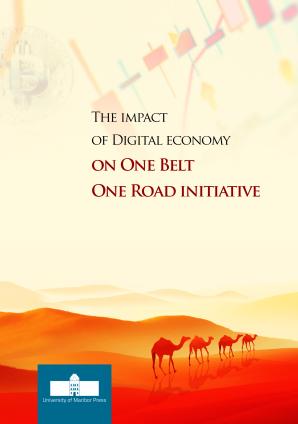II. Comparative Analysis of Digitalised Business Models
Synopsis
Digital business models are a key component of digital transformation. Understanding these models is essential for operating successfully in the digital economy. A business model defines the value proposition, cost structure, financing sources, target audience, marketing strategy, and potential partnerships. Its primary purpose is to enable sustainable value delivery to customers. This paper uses the Business Model Canvas to analyse digitised business models, focusing on those based on recurring revenues (e.g., subscriptions, SaaS) and network effects (e.g., platforms, marketplaces). These models have fueled the growth of many digital enterprises. As emerging technologies reshape consumer expectations, companies must rethink how they create and deliver value in a constantly evolving digital environment.
Downloads
Pages
Published
Categories
License

This work is licensed under a Creative Commons Attribution-NonCommercial-ShareAlike 4.0 International License.






